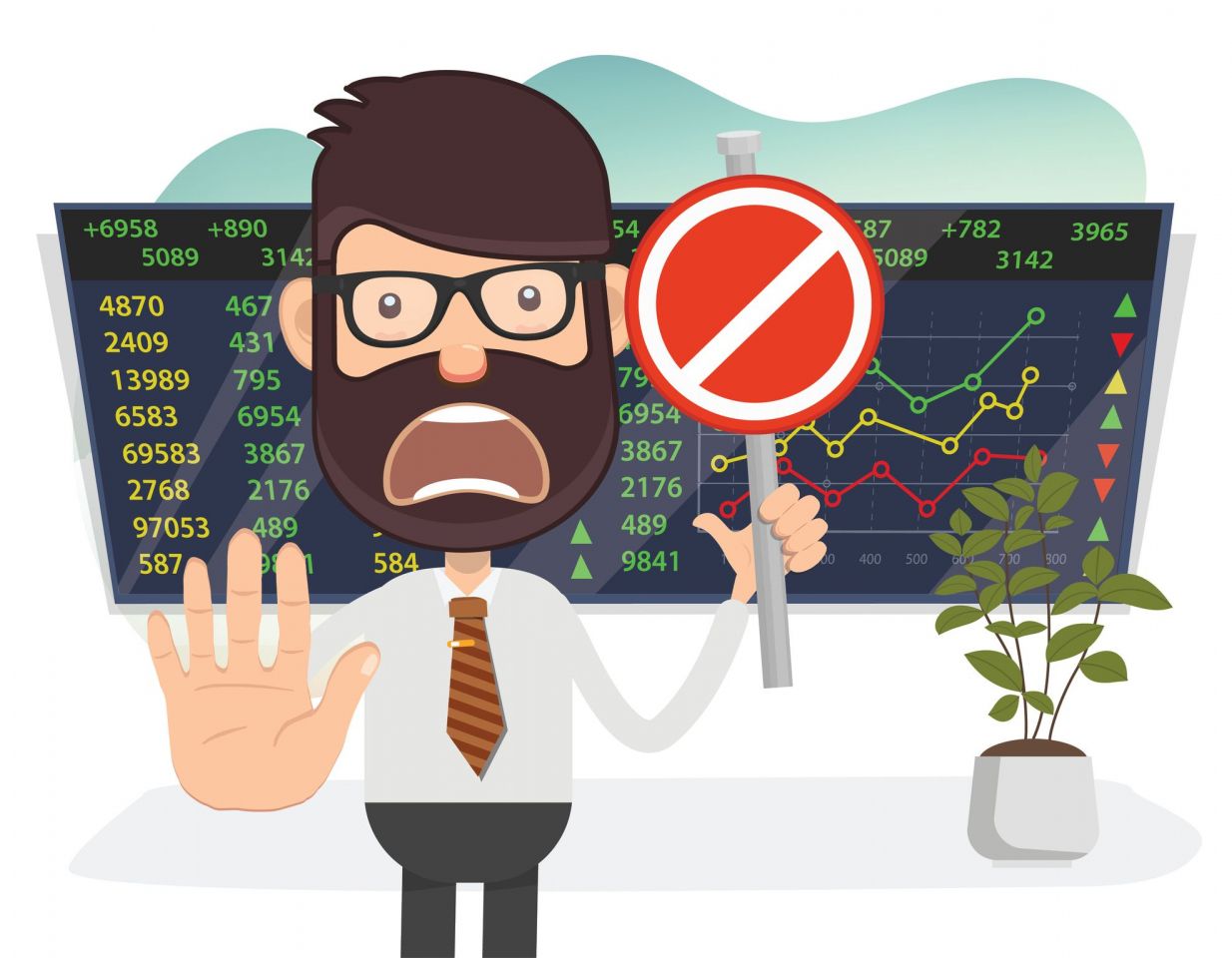What are untradeable assets?

Untradeable assets are securities that can’t be easily bought and sold due to the fact they’re not freely traded in the open market. The main reason that some assets are non-marketable is to ensure stable ownership of money.
Key takeaways
-
Untradeable assets are securities that cannot be easily bought or sold because they are not freely traded in open markets.
-
Common examples of untradeable assets include bank deposits, life insurance investments, and post office deposits, which are non-transferable in nature.
-
These assets are the opposite of marketable assets like shares, bonds, and funds that can be easily traded on secondary markets.
-
Investors should maintain balanced portfolios by including some untradeable assets, which offer little to no risk but lower returns than marketable assets.
-
Combining low-risk untradeable assets with medium-to-high-risk marketable assets creates a balanced portfolio strategy with varying return levels.
Where have you heard about untradeable assets?
A bank deposit is an everyday example of an untradeable asset. Although you have money in a bank account, you can’t sell it when you close the account. That’s because these assets are non-transferable. Other examples of untradeable assets include life insurance investments and post office deposits.
What you need to know about untradeable assets.
Untradeable assets are the opposite to marketable assets, which can be easily traded on a secondary market. Shares, bonds and funds are all examples of tradable assets.
As an investor, it’s recommended you maintain a balanced portfolio. That’s why it’s always a good idea to have some untradeable assets with little or no risk attached to them, even though the returns aren’t great. You can mix them with marketable assets that have medium to high levels of risk but which have a higher return on investment.